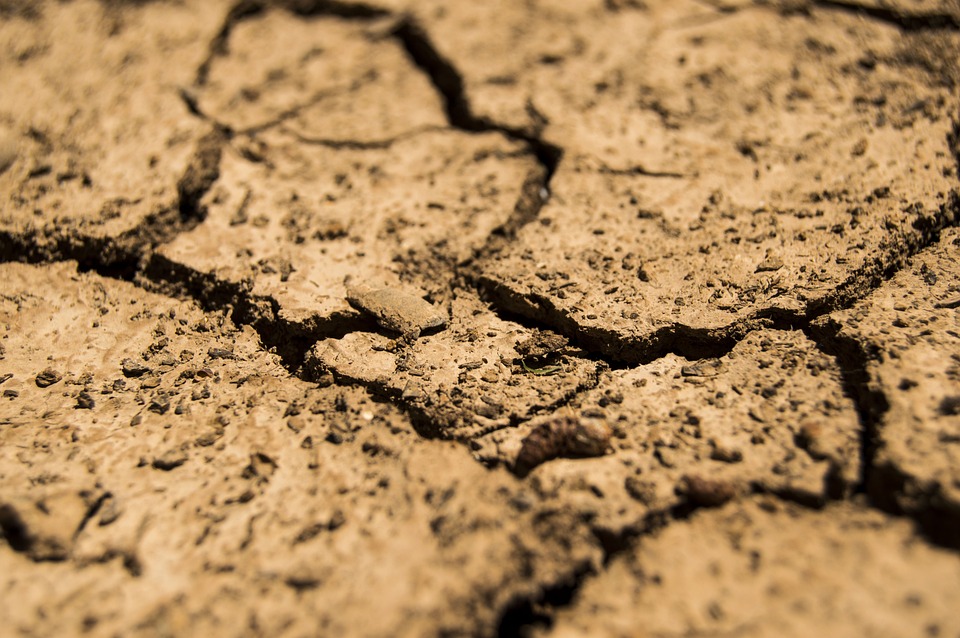Introduction
Soil is a vital resource that forms the foundation of our planet’s ecosystems. It is a precious but often overlooked component of the natural environment. While it may seem mundane, soil plays a crucial role in supporting life as we know it. In this article, we will explore the importance of soil care and conservation to ensure the long-term health and sustainability of our planet.
The Role of Soil in Ecosystems
Soil plays a multifaceted role in supporting various ecosystems. It serves as a home for numerous organisms, from microorganisms to insects and plant roots. Soil also acts as a filter, assisting in the purification and regulation of water flow. Furthermore, it acts as a carbon sink, helping to mitigate climate change by storing and cycling carbon.
Soil Degradation and Its Consequences
Despite its crucial significance, soil is under threat. Soil degradation is accelerated by unsustainable farming practices, deforestation, urbanization, and pollution. Erosion, nutrient depletion, and the loss of organic matter are some of the consequences of soil degradation. This leads to decreased agricultural productivity, increased water runoff, diminished biodiversity, and an increased vulnerability to climate change.
The Importance of Soil Care
Soil care involves implementing practices that promote soil health and minimize degradation. One of the key practices is adopting sustainable agricultural methods such as crop rotation, organic farming, and agroforestry. These techniques help to maintain soil fertility, reduce erosion, and enhance water retention capabilities. Additionally, minimizing the use of chemical fertilizers and pesticides can prevent soil pollution.
Soil Conservation Strategies
Conservation strategies are necessary to protect soil resources. These strategies include practicing terracing and contour plowing to reduce erosion on hilly areas, implementing proper irrigation techniques to avoid waterlogging and salinization, and creating buffer zones to prevent pollutants from entering water bodies. Additionally, reforestation and afforestation efforts can help prevent soil erosion and restore degraded soil.
Policy and Education
Preserving soil requires collective action. Governments and organizations play a crucial role in formulating and implementing policies that encourage sustainable land management practices. Education and awareness programs are essential to promote an understanding of the importance of soil care among individuals, farmers, and communities. By promoting sustainable practices and providing support, we can ensure the preservation of this invaluable resource.
FAQs
Why is soil conservation important?
Soil conservation is important because it helps prevent soil erosion, protects biodiversity, preserves water quality, and ensures sustainable agricultural productivity. Neglecting soil conservation can lead to severe environmental consequences, including reduced food security and land degradation.
What are some sustainable agricultural practices?
Sustainable agricultural practices include crop rotation, organic farming, agroforestry, integrated pest management, and the use of cover crops. These practices help maintain soil health, minimize the use of synthetic inputs, and promote biodiversity.
How can individuals contribute to soil conservation?
Individuals can contribute to soil conservation by composting organic waste, reducing water consumption, and practicing responsible gardening techniques. Additionally, supporting local organic farmers, advocating for sustainable land management practices, and participating in community-led conservation efforts can make a significant impact.
What are the consequences of soil degradation?
Soil degradation can lead to decreased agricultural productivity, increased water runoff and flooding, diminished biodiversity, and the release of stored carbon into the atmosphere. It also exacerbates the impacts of climate change and reduces the availability of clean water resources.
How can soil conservation benefit the climate?
Soil conservation can benefit the climate by promoting carbon sequestration. Healthy soils act as a carbon sink, absorbing and storing carbon dioxide from the atmosphere. By practicing sustainable agriculture and land management, we can enhance soil’s ability to capture and retain carbon, mitigating climate change.




